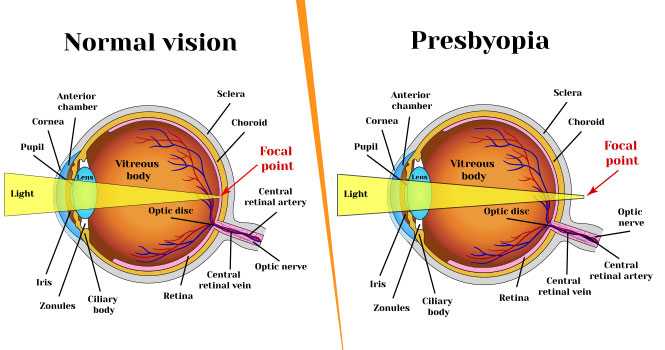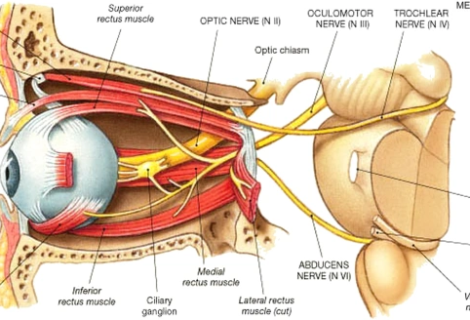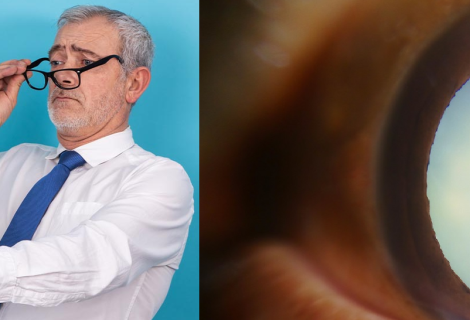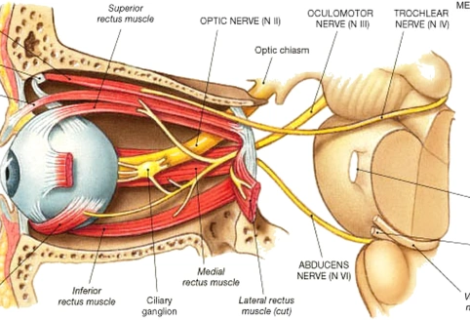© 2024 Dott. Scotti Fabrizio - P.IVA 03393000967


Presbyopia is the NORMAL loss of near focusing ability that occurs with age. Most people begin to notice the effects of presbyopia sometime after age 40, when they start having trouble seeing small print clearly — including text messages on their phone.
You can’t escape presbyopia, even if you’ve never had a vision problem before. Even people who are nearsighted will notice that their near vision blurs when they wear their usual eyeglasses or contact lenses to correct distance vision.
Though presbyopia is a normal change in our eyes as we age, it often is a significant and emotional event because it’s a sign of aging that’s impossible to ignore and difficult to hide.
In parts of the world where there is no access to vision care, presbyopia is much more than an inconvenience — it’s a leading cause of vision impairment that reduces people’s quality of life and productivity.
When you become presbyopic, you either have to hold your smartphone and other objects and reading material (books, magazines, menus, labels, etc.) farther from your eyes to see them more clearly.


Unfortunately, when you move things farther from your eyes they get smaller in size, so this is only a temporary and partially successful solution to presbyopia.
If you can still see close objects pretty well, presbyopia can cause headaches, eye strain and visual fatigue that makes reading and other near vision tasks less comfortable and more tiring.
Presbyopia is an age-related process. It is a gradual thickening and loss of flexibility of the natural lens inside your eye.
These age-related changes occur within the proteins in the lens, making the lens harder and less elastic over time. Age-related changes also take place in the muscle fibers surrounding the lens. With less elasticity, it gets difficult for the eyes to focus on close objects.
Presbyopia can be treated with eyeglasses, contact lenses and vision surgery. The first step to see if you are a good candidate for presbyopia surgery is to have a comprehensive eye exam and a consultation with a refractive surgeon who specializes in the surgical correction of presbyopia.






APPROFONDIMENTI
APPROFONDIMENTI



